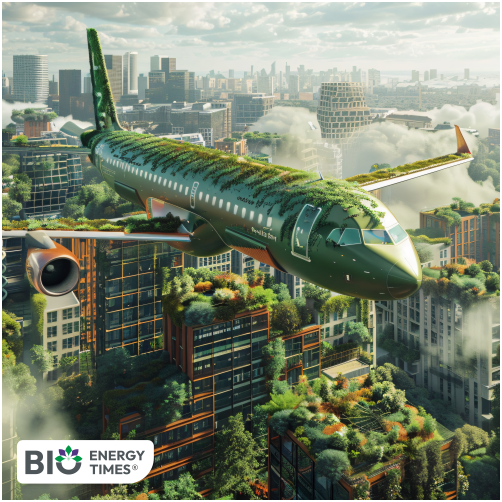The Singapore Airlines (SIA) Group has taken another major step in its commitment to sustainability by signing new agreements with renewable fuel producers Neste and World Energy. These deals will help the airline group reduce carbon emissions and deepen its understanding of sustainable aviation fuel (SAF) systems, reports Biodiesel Magazine.
In the first of the two agreements, SIA acquired 1,000 metric tons of Carbon Offsetting and Reduction Scheme for International Aviation (CORSIA)-eligible neat SAF from Neste. The fuel was produced at Neste’s refinery in Singapore, blended locally, and supplied through Changi Airport. This marks the airline’s second such purchase from the same refinery, contributing to the growth of Singapore’s SAF infrastructure and boosting the resilience of its supply chain.
In a separate deal, the SIA Group purchased emissions reductions equivalent to 2,000 metric tons of SAF from U.S.-based World Energy. This was done using the Book & Claim model, allowing SIA to claim the environmental benefits of SAF without requiring physical delivery of the fuel.
Completed in the first quarter of 2025, the combined transactions are expected to cut over 9,500 metric tons of carbon dioxide emissions.
SIA is also a participant in the Green Fuel Forward campaign—an initiative launched by the World Economic Forum and Singapore’s GenZero—to increase SAF demand in the Asia-Pacific region. The campaign promotes greater awareness, encourages partnerships, and supports the broader adoption of sustainable fuels in aviation.
“These agreements represent important steps in the SIA Group’s broader strategy to scale up its use of sustainable aviation fuel,” said Lee Wen Fen, Chief Sustainability Officer of Singapore Airlines. “By working with different suppliers and exploring diverse sourcing models and certification pathways, we gain crucial insights into the SAF landscape and can better understand the pathways towards a more sustainable aviation ecosystem.”
She added that the Group will continue collaborating with global partners to explore and implement solutions that support long-term environmental goals, including its commitment to using 5% SAF by 2030 and achieving net-zero carbon emissions by 2050.















